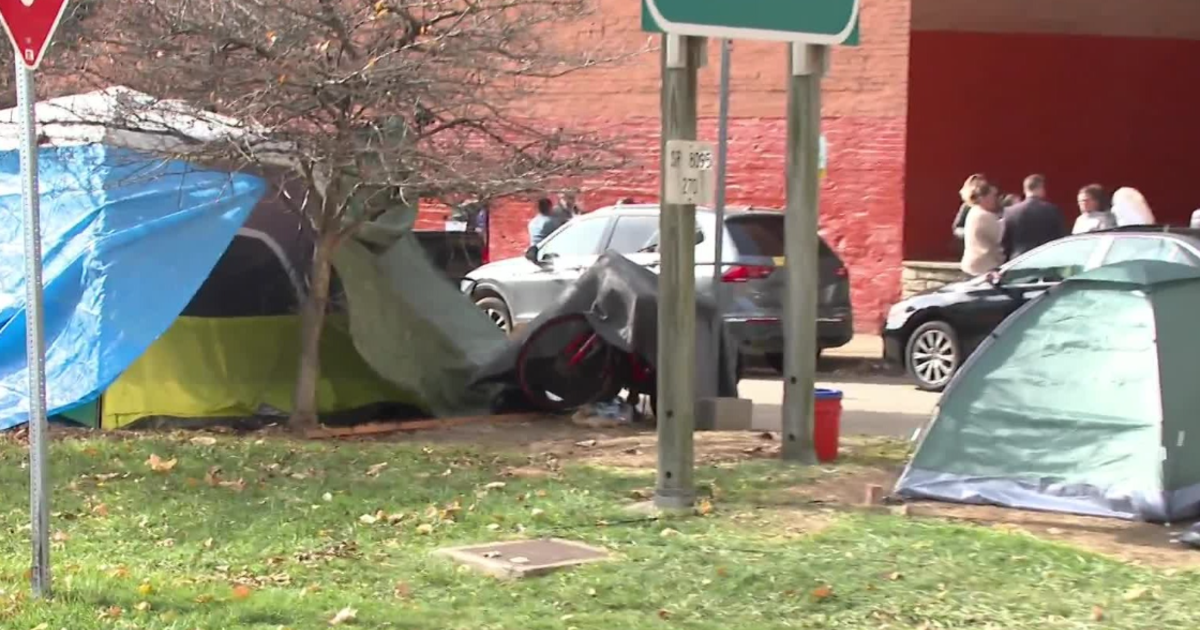'Historic Decision': Supreme Court Ruling That Protects LGBTQ Workers From Job Discrimination Will Impact Many Employees And Employers In Pennsylvania
PITTSBURGH (KDKA) -- In a major decision on Monday morning, the U.S. Supreme Court held that employers cannot discriminate against gay or transgender employees in the workplace.
One was fired for playing gay softball, another for telling his boss was gay and a third for saying she was a transgendered woman.
On Monday, the Supreme Court said all three firings were illegal under the civil rights law that bans discrimination.
"This is really a historic decision," says Megan Stanley, executive director of the Pittsburgh Commission on Human Relations.
In a 6-3 ruling, written by Pres. Donald Trump-appointed Justice Neal Gorsuch and joined by Chief Justice John Roberts and the four more liberal justices — Ruth Bader Ginsburg, Stephen Breyer, Sonia Sotomayor and Elena Kagan — the Court majority said employment discrimination based on sex also includes sexual orientation, even though Congress did not specifically say that.
"As the Court explained, you cannot discriminate against someone for being gay or being transgender without taking into account their sex," University of Pittsburgh Law Prof. Deborah Brake told KDKA's Jon Delano on Monday.
Brake said the Court extended the same principle used in other discrimination cases.
"There was no mention of sexual harassment, gender stereotyping, discrimination against mothers – yet all of those iterations of sex discrimination have been covered through judicial decision."
The ruling will affect millions in states like Pennsylvania.
"There are 28 states. including Pennsylvania, that actually have no workplace protections, which means you could be fired from your job for being gay, for being transgender," said Christine Bryan, marketing director at the Delta Foundation.
But no longer, although Pittsburgh and Allegheny County already prohibit this discrimination.
"This expands protections nationally where they already were in the City of Pittsburgh, so I like to think that cities like ours were leading the way," says Stanley from the PCHR.
The Court dissenters — Justices Samuel Alito, Clarence Thomas, and Brett Kavanaugh — said this issue should have been left to Congress, not the Judiciary.



